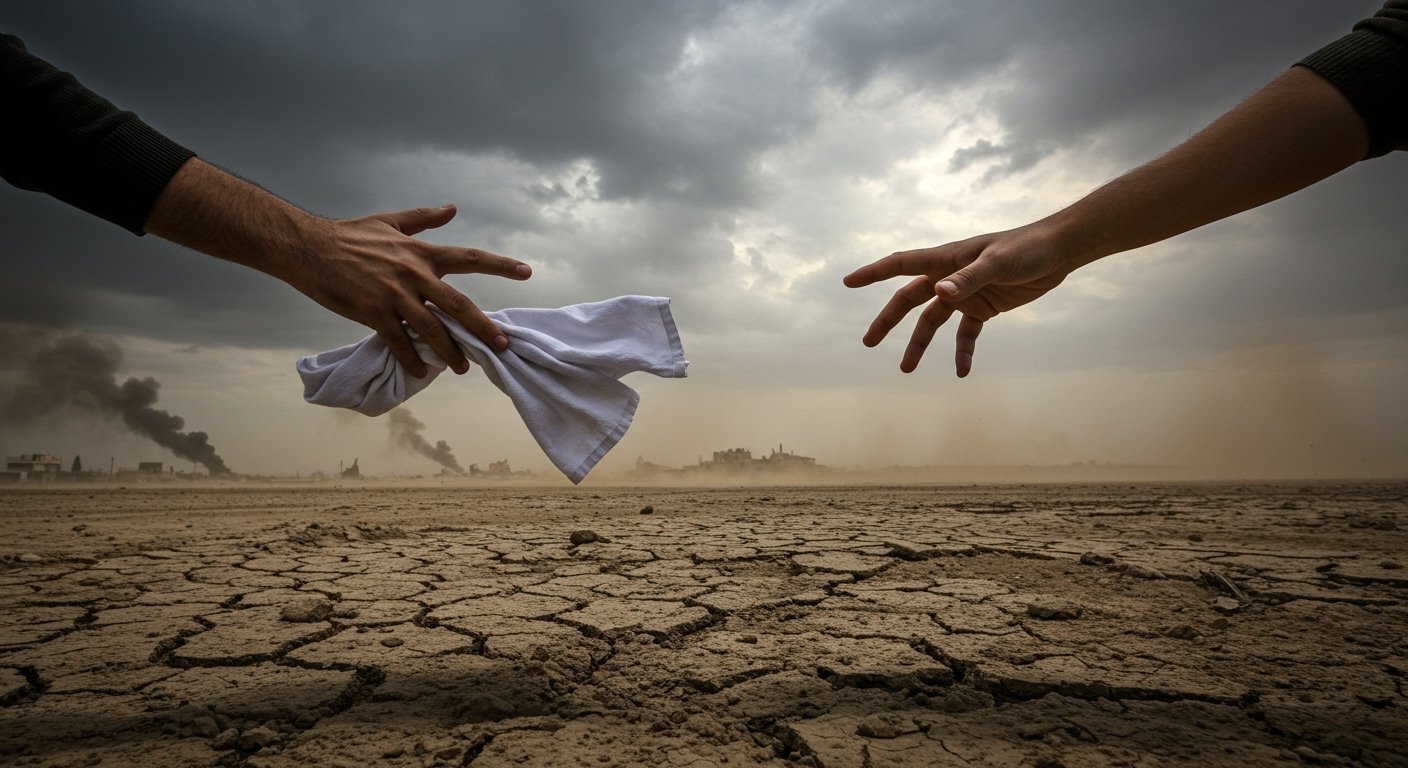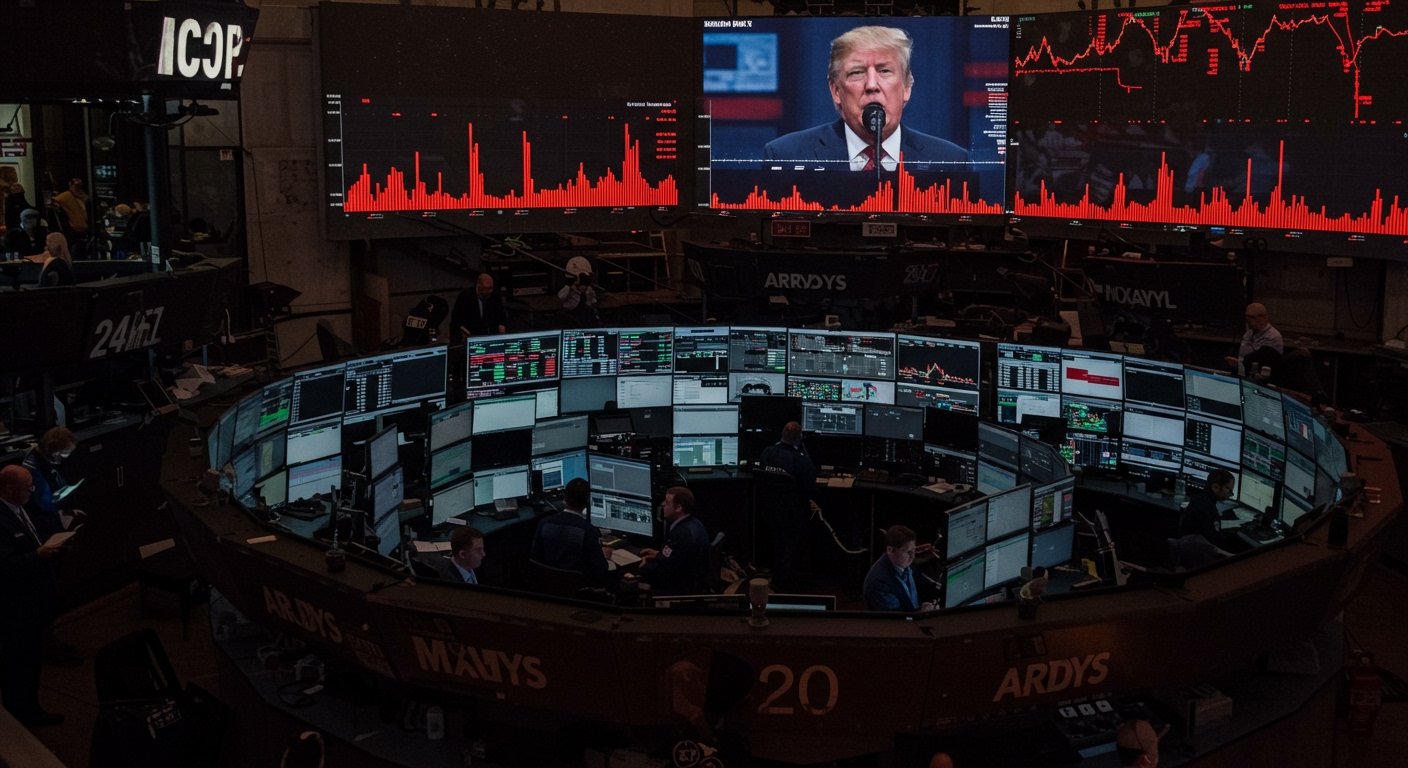In a dramatic escalation of ongoing national security investigations, the Federal Bureau of Investigation (FBI) today, August 22, 2025, executed search warrants at the Bethesda, Maryland, home and Washington D.C. office of John Bolton, the former National Security Advisor to President Donald Trump. The high-profile raids are part of a renewed probe into Bolton’s alleged mishandling of classified information, a move that has immediately ignited fierce debate about political retribution and the weaponization of federal law enforcement against the President’s critics.
The searches were carried out under court-authorized warrants, signifying that a federal magistrate judge found probable cause to believe a crime had occurred and that evidence could be found at the specified locations. While Bolton was not at his residence during the initial search, he was later observed at his D.C. office speaking with FBI agents. As of yet, he has not been detained or charged with any crimes.
Renewed Focus on Classified Information
The immediate focus of the FBI’s investigation centers on allegations that Bolton illegally possessed or shared classified information. This is not the first time Bolton’s handling of sensitive material has come under scrutiny. During President Trump’s first term, the Justice Department launched an inquiry into whether Bolton divulged classified government material in his 2020 tell-all memoir, “The Room Where It Happened.” The Trump administration vigorously sought to block the book’s publication, but a federal judge ultimately allowed its release, though he stated that Bolton “likely jeopardized national security interests” by disclosing classified information.
That earlier criminal investigation and a related civil lawsuit were ultimately closed without charges in 2021, during the Biden administration. However, sources familiar with the current inquiry indicate that its scope extends beyond the 2020 memoir to encompass “other, more long-running accusations” of Bolton leaking sensitive materials. This suggests a broader and potentially more complex investigation than the previous one.
Trump’s Strong Denials and Harsh Criticism
President Donald Trump, speaking to reporters today, denied having any prior knowledge of the FBI’s actions. “I saw it on television this morning,” Trump stated. Despite his claims of being unaware, the President did not hold back in his harsh assessment of his former advisor, calling Bolton a “lowlife,” “not a smart guy,” and suggesting he could be “very unpatriotic.” Trump, while denying direct involvement in initiating the probe, hinted at his capacity to do so, remarking, “I could be the one starting it. I’m actually the chief law enforcement officer. But I feel that it’s better this way,” attributing the decisions to Attorney General Pam Bondi’s Justice Department.
This strong rhetoric underscores the deeply acrimonious relationship between Trump and Bolton, which solidified after Bolton’s departure from the administration in 2019 and the subsequent publication of his critical book. Bolton, a veteran diplomat and security expert, has become one of the President’s most vocal critics, frequently appearing on American news shows to lambaste Trump’s foreign policy decisions and leadership style.
Alarms Raised Over Political Retribution
This latest development has intensified concerns that the Trump administration is leveraging federal law enforcement agencies to target political adversaries. The raid on Bolton’s home is seen by many observers as a significant and alarming step in a pattern of investigations against critics. In recent months, federal investigators have reportedly launched inquiries into other prominent Trump critics, including New York Attorney General Letitia James, Senator Adam Schiff, former FBI Director James Comey, and former CIA Director John Brennan.
Bolton himself had previously voiced his apprehension, telling ABC News earlier this month that he believed it was a “retribution presidency.” The timing and high-profile nature of the raid, coupled with the President’s public comments and social media posts from FBI leadership, have fueled fears of the government’s powers being weaponized.
FBI Director Kash Patel posted a cryptic message on X (formerly Twitter) shortly after news of the raid broke, stating, “NO ONE is above the law… @FBI agents on mission.” Attorney General Pam Bondi retweeted Patel’s post, adding, “America’s safety isn’t negotiable. Justice will be pursued. Always.” FBI Deputy Director Dan Bongino also shared a similar message: “Public corruption will not be tolerated.” While these statements did not explicitly name Bolton, their timing was widely interpreted as a direct reference to the ongoing operations.
Precedents and Previous Actions Against Bolton
The current events draw parallels to the 2022 FBI search for classified documents at President Trump’s Mar-a-Lago estate, an action that led to criminal charges against Trump which were later dismissed. The handling of classified information by high-ranking officials remains a perennially sensitive and politically charged topic in American politics.
This is not the first time the Trump administration has taken punitive measures against Bolton since his departure. Upon his return to office earlier this year, President Trump revoked Bolton’s security clearance, along with dozens of other former intelligence officials. Days later, his Secret Service protection was also canceled, despite Bolton having reportedly faced assassination threats from Iran due to his hawkish foreign policy stance.
Implications and the Path Forward
The raid on John Bolton’s home and office marks a significant story in the ongoing political landscape, raising profound questions about the independence of federal law enforcement and the potential for political weaponization. The precise nature and scope of the classified information Bolton is alleged to have mishandled remain to be fully disclosed. The absence of charges at this early stage means the investigation is in its preliminary phases, with Vice President JD Vance stating that the government is merely “gathering evidence” and “trying to understand something that we’re worried about” before potentially bringing charges.
The legal and political ramifications of this event are likely to unfold over the coming weeks and months. This top American story will continue to be closely watched as it tests the boundaries of executive power and the protection of government secrets, while simultaneously fueling concerns about the future of political dissent in the United States.










